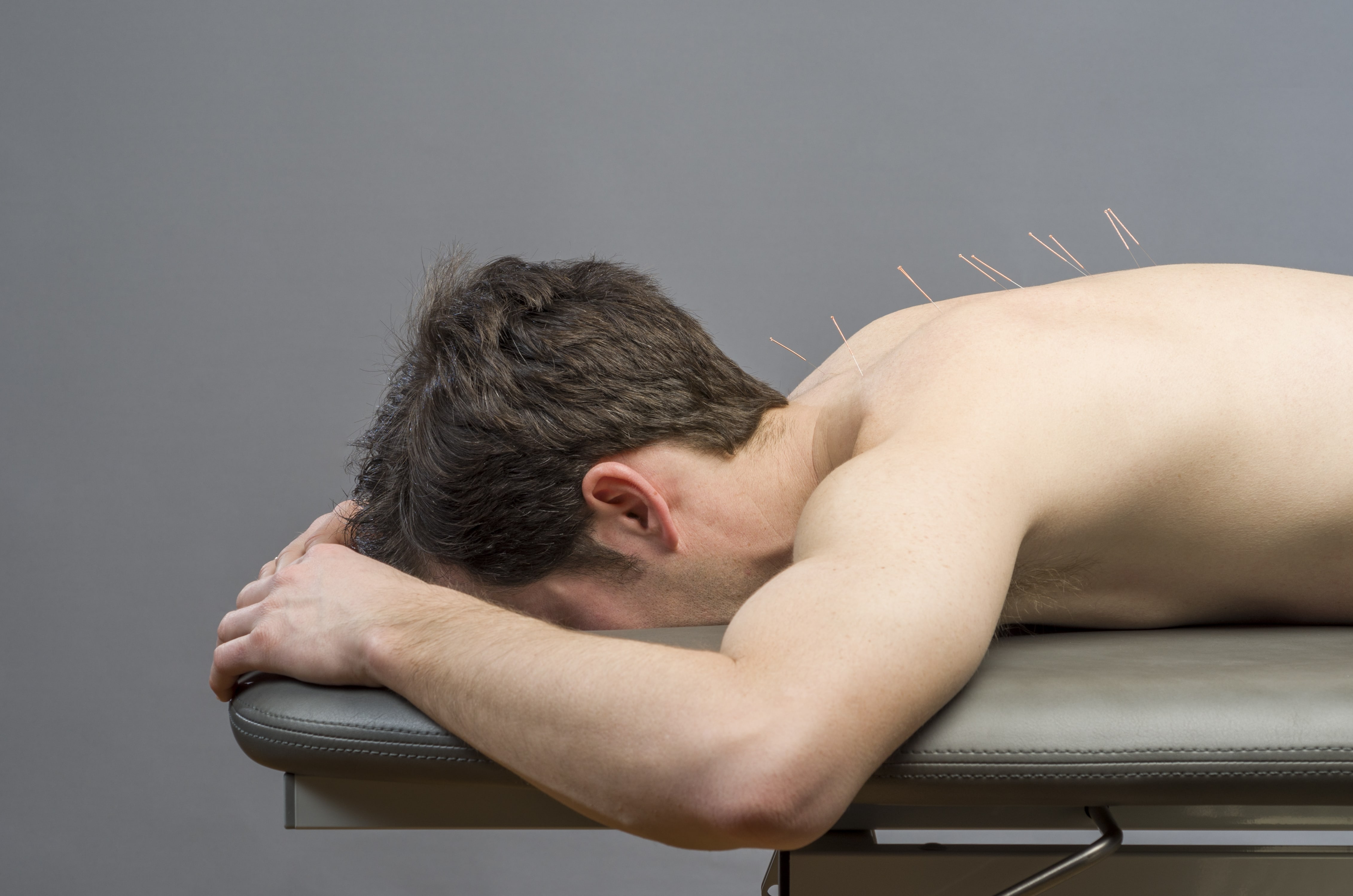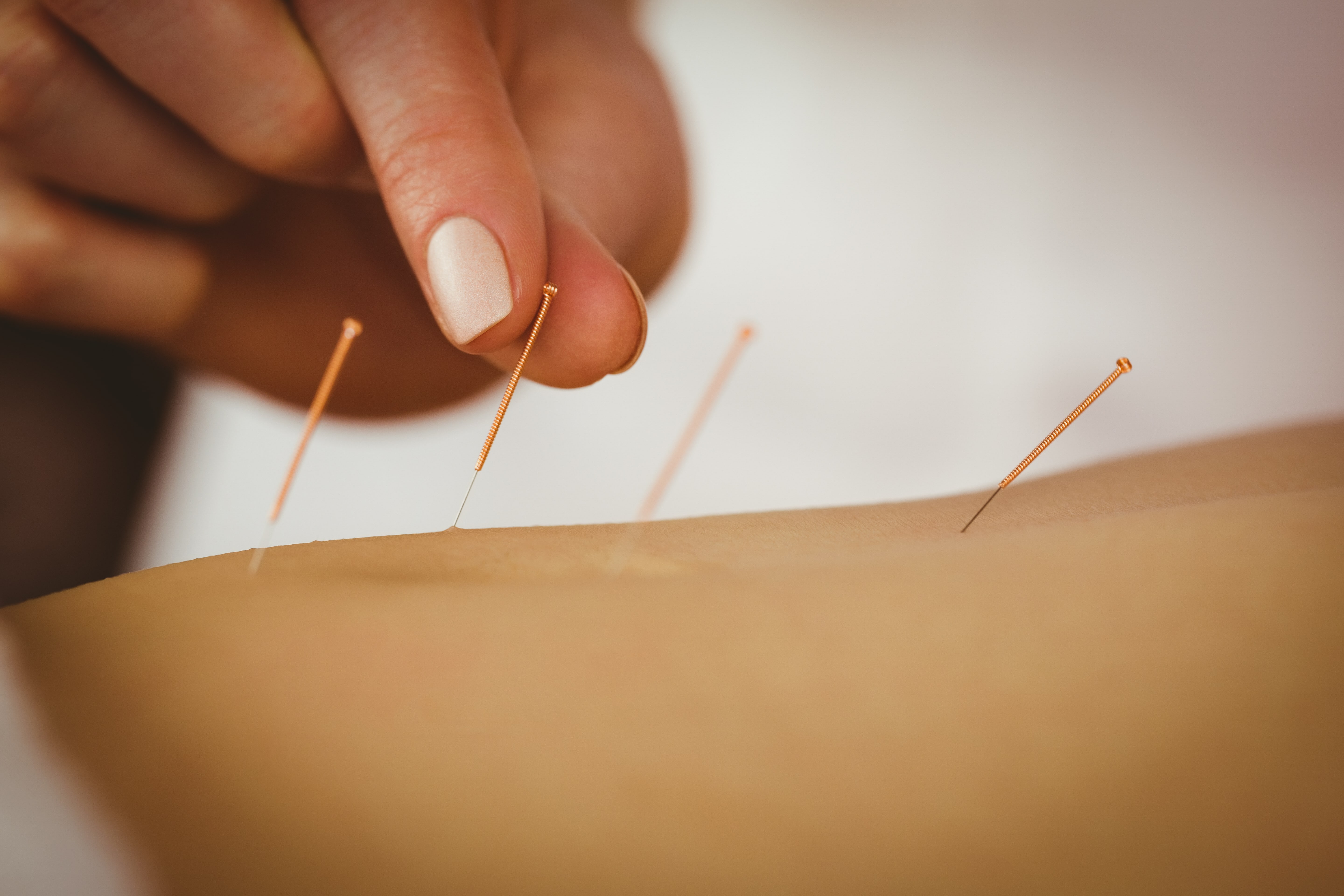Everyone gets anxious at some point. It is a natural response to stressful situations or an instinctive reaction to imminent danger. Anxiety keeps us alive by alerting us of potentially dangerous situations. For the most part, it does its job excellently. However, sometimes, our minds don’t know how to relax, even when there’s no present danger. In small occasional doses, anxiety is harmless, but when it becomes a part of your daily routine, it can have significant negative effects on your life and wellbeing.
Anxiety is no laughing matter
Alongside depression, anxiety disorders are one of the worst mental disorders we know. It exists by different names: post-traumatic stress disorder (PTSD), social anxiety, panic attacks, and obsessive-compulsive disorder (OCD).
Chronic anxiety has debilitating effects on the body. First, it increases the presence of the hormone cortisol, a known stress hormone. Extreme anxiety, which is often in the form of a panic attack, can cause difficulty breathing, tightness around the chest, sweating, and irregular heartbeats, which can be dangerous.
Perhaps the biggest impact anxiety can have on someone is making it impossible to interact with people in social settings. Social anxiety affects a large percentage of the adult population. People suffering from this disorder have difficulty making friends and often end up with suicidal thoughts.
Anxiety is, therefore, a grave medical condition that can cause harm if left untreated. Conventional treatments do work, but more often than not, they come with side effects. There are a number of non-pharmaceutical anxiety medicines, and one of them is acupuncture.
Acupuncture and Anxiety
Acupuncture is a treatment as ancient as Chinese civilization. For millennia, it has served as a remedy for a number of illnesses. In traditional China, it was believed to work by restoring the flow of Qi around the body. Since then, we’ve discovered that anxiety can do much more for our health and wellbeing. It has now been adapted as an alternative treatment for a wide range of conditions, including chronic pain, stress, hormonal imbalances, musculoskeletal injuries, depression, and anxiety.
The question is, how exactly does acupuncture help in the treatment of anxiety?
Traditional Chinese healers were not far off when they guessed that acupuncture restored the body’s natural state of balance. Qi, or the aura of energy that surrounds each individual, is emitted by pores, and they believed that if your qi was weak, you could easily fall ill.
In a way, they were right; acupuncture does help restore the body’s homeostatic balance. Acupuncture needles are stuck just above the nerves in the skin, a process that triggers an immune response. Patients of acupuncture report feeling instantly better after the session, and that’s because acupuncture promotes the production of feel-good hormones like serotonin.
Anxiety, like any other mental disorder, is typically caused by a chemical imbalance in the brain. Homeostasis is our body’s natural way of self-regulation, so when induced through acupuncture, the body’s healing process begins, and good hormones are released.
Even as a temporary solution for chronic anxiety, acupuncture is far better than any prescription drug because it is natural, effective, and quite powerful.
Where can you find a qualified acupuncturist?
Acupuncture is a widely practised art form, but not every acupuncturist will be able to solve your problems in one or two sessions. Acupuncture Continuum is a one-stop-destination for all things acupuncture and the right place to visit if you’re interested in managing anxiety using the powerful effects of acupuncture.
Our staff is experienced, patient, and welcoming, and will walk you through the process until you’re ready. When it comes to natural treatments, acupuncture is one of the most effective, and we recommend it to everyone, not just people with anxiety. Nevertheless, the benefits of acupuncture on anxiety patients are evident, so call Acupuncture Continuum and experience them for yourself.









